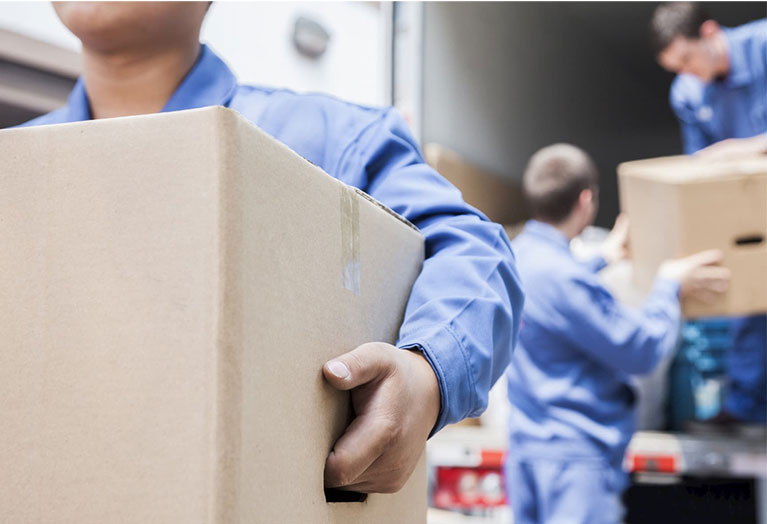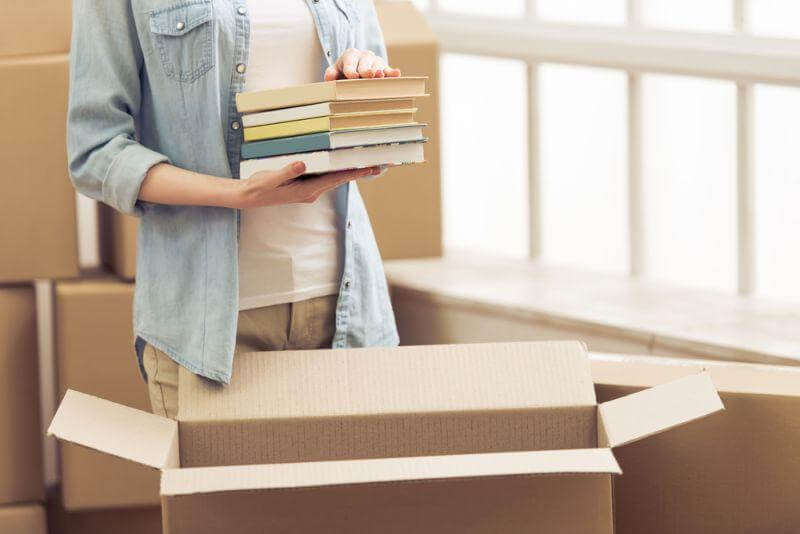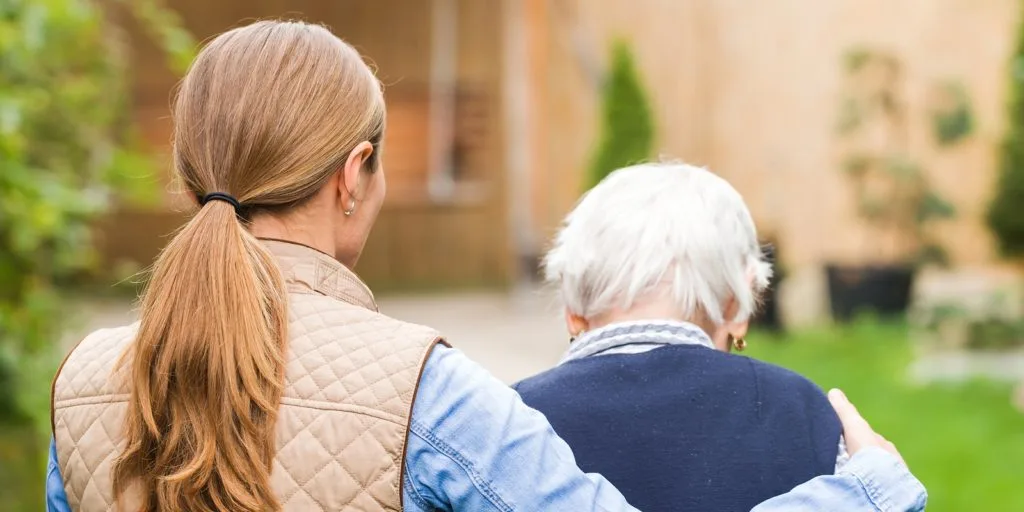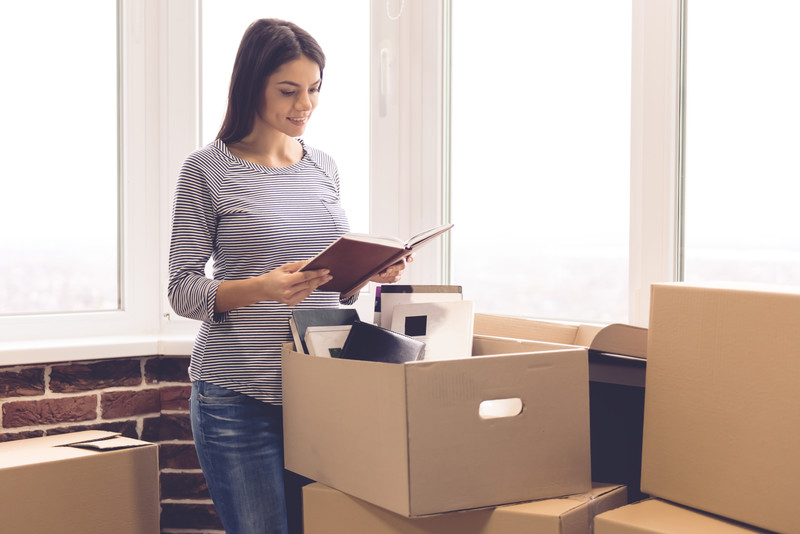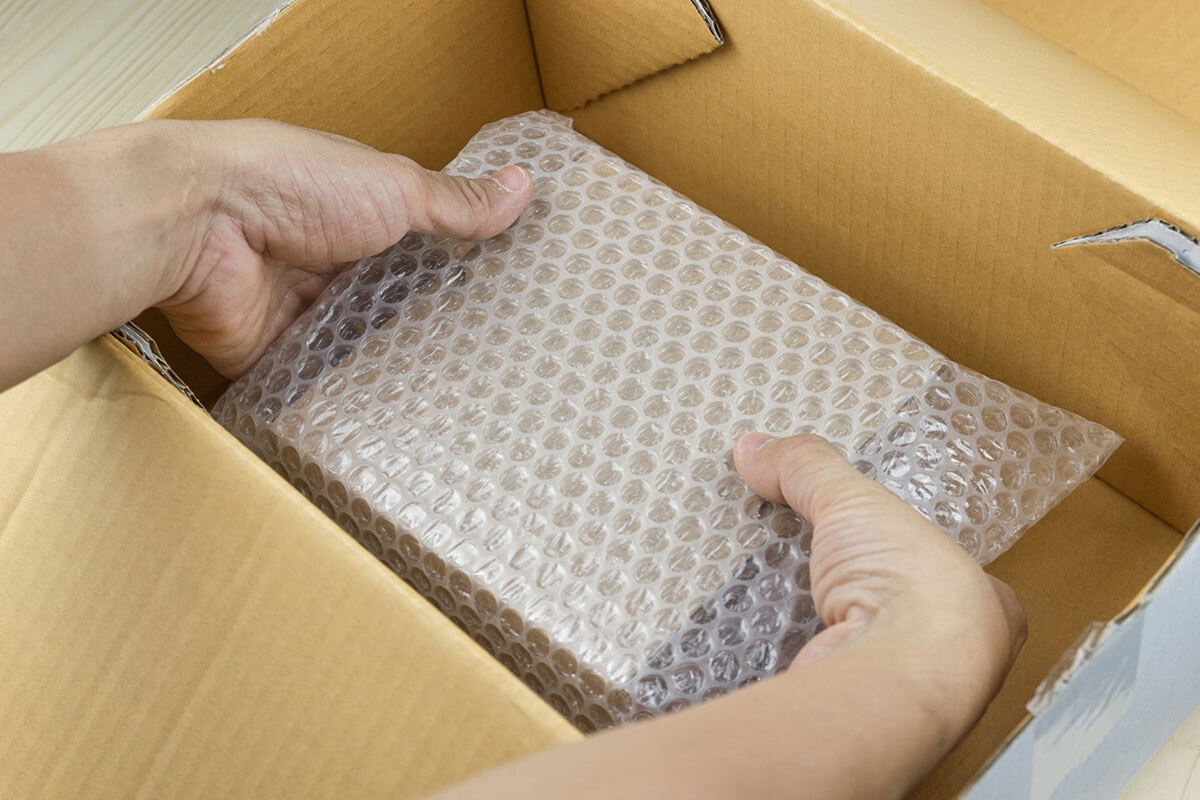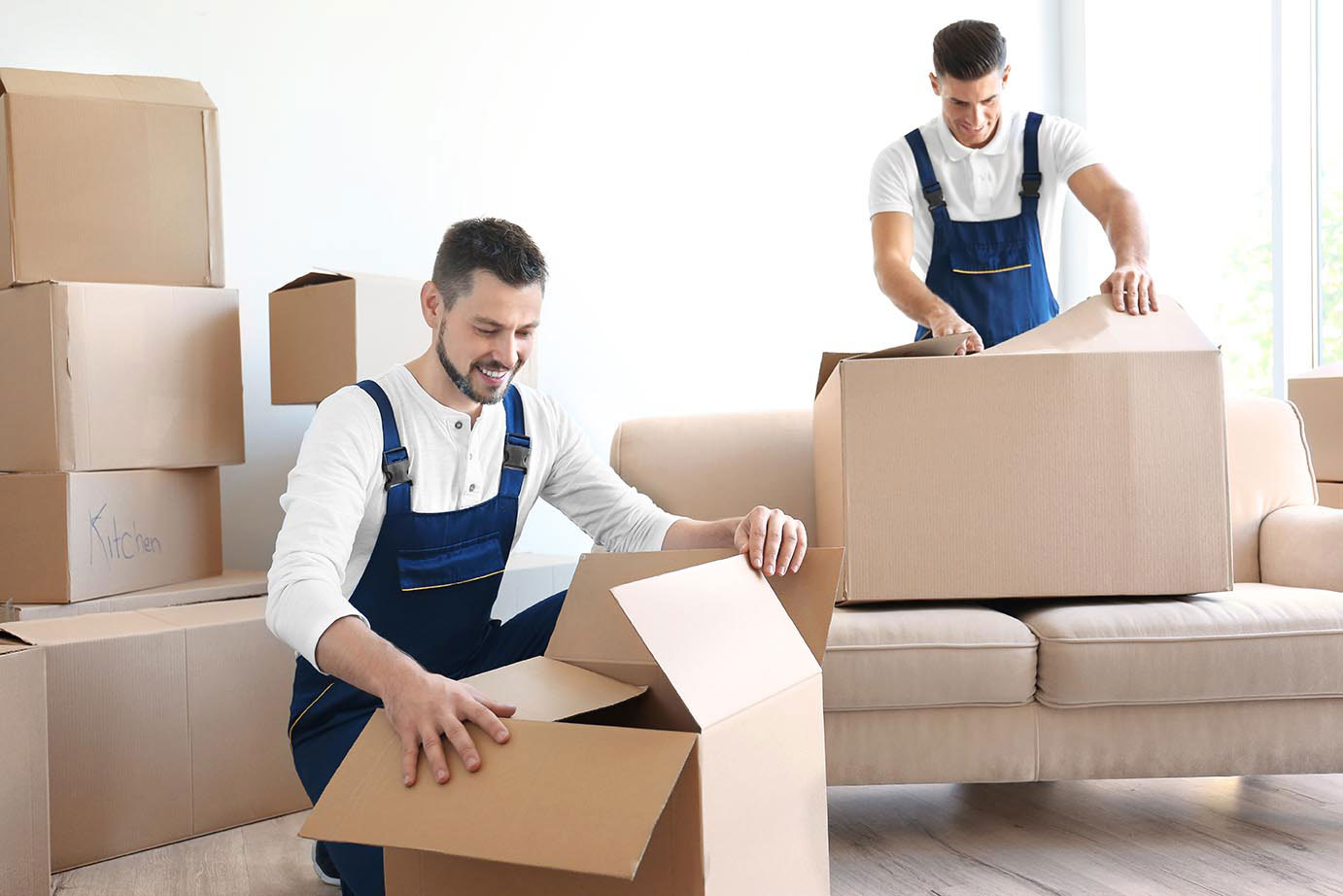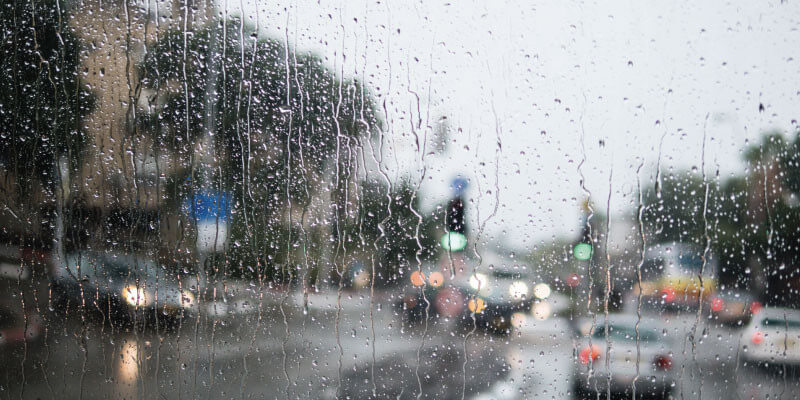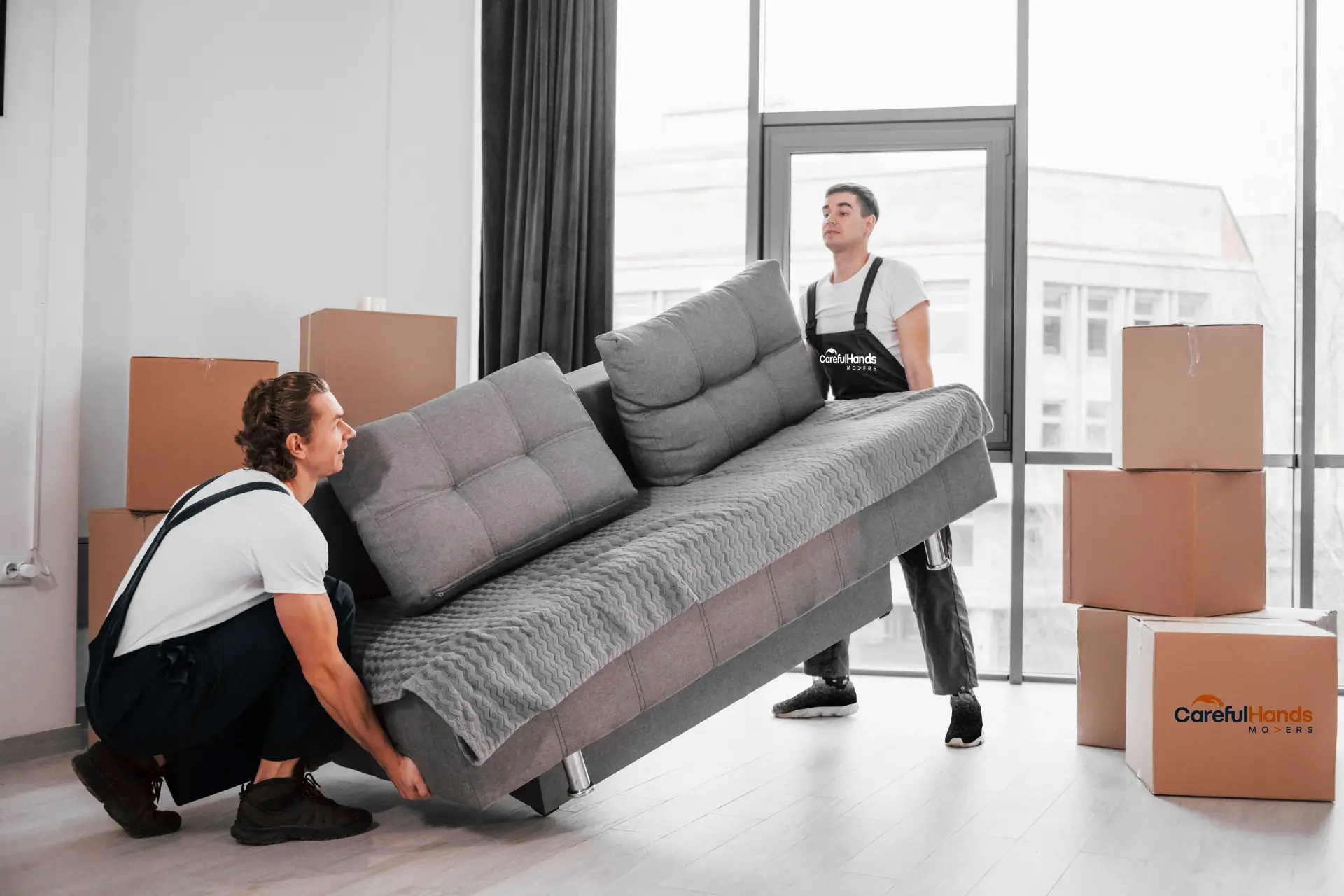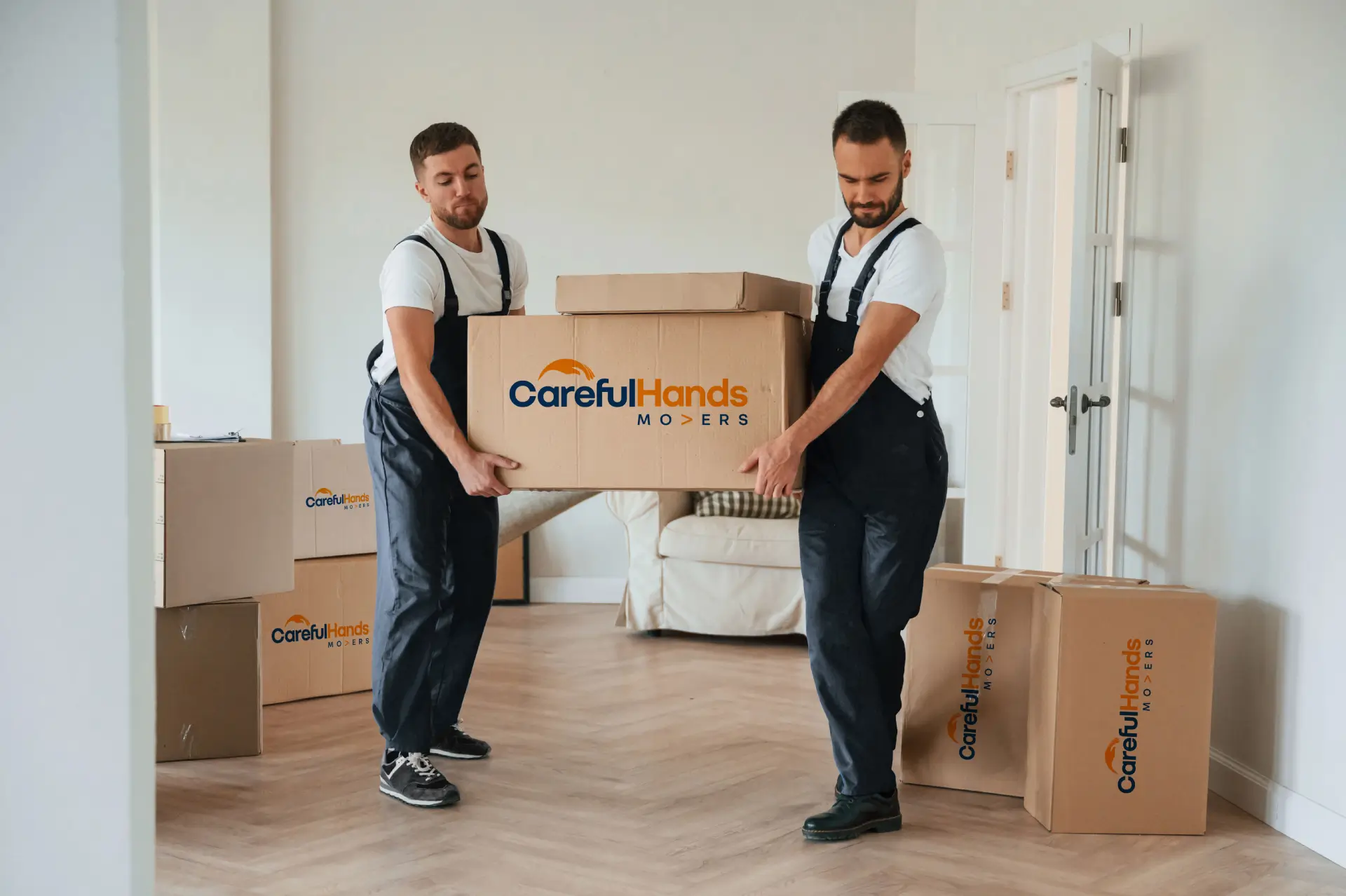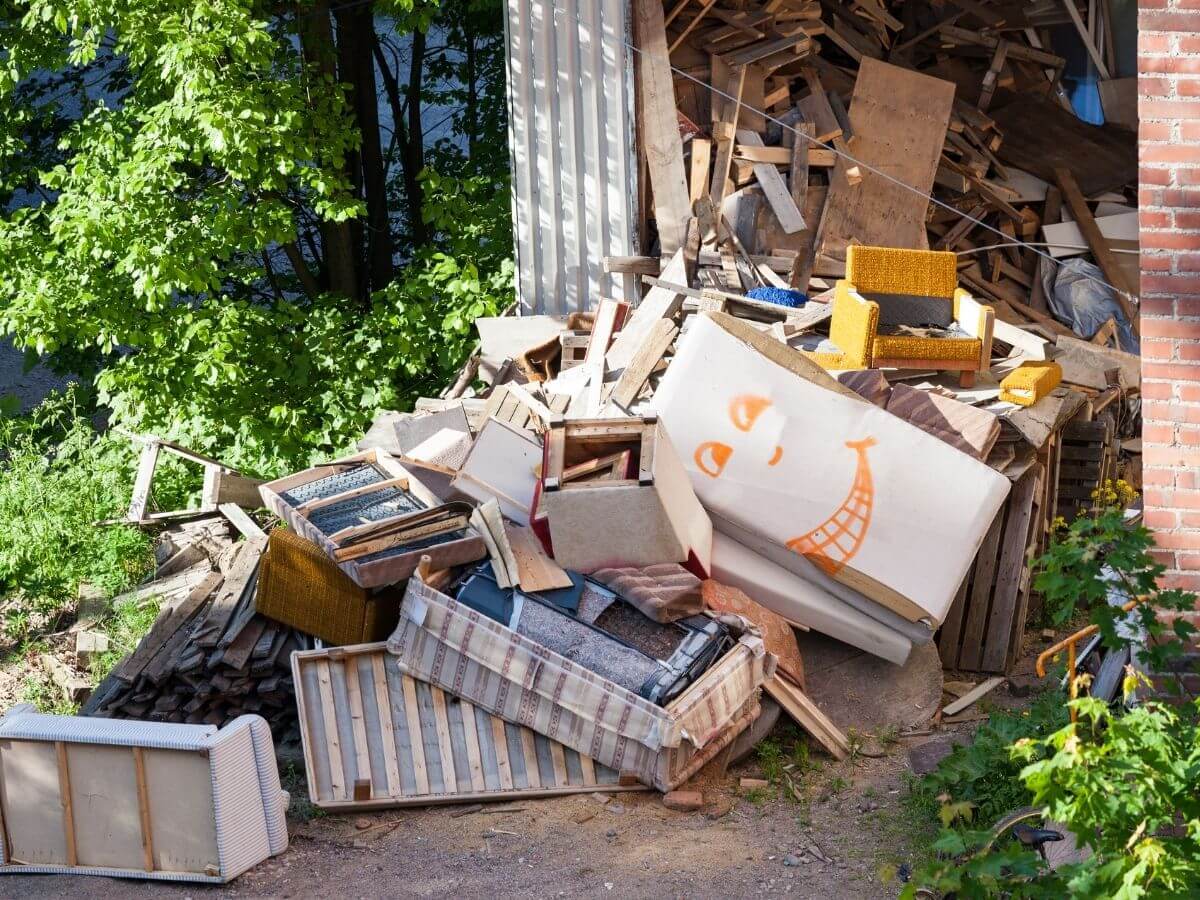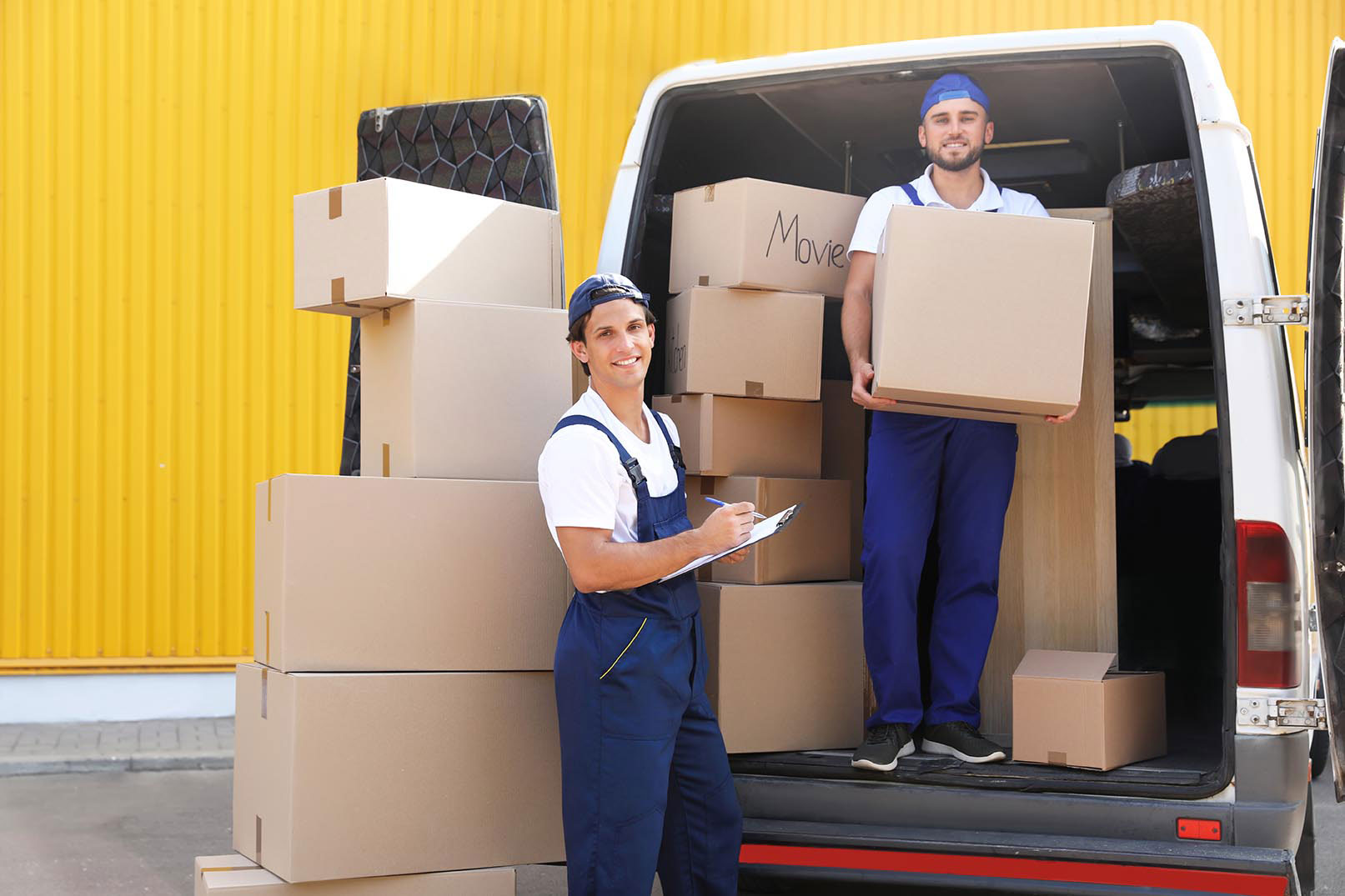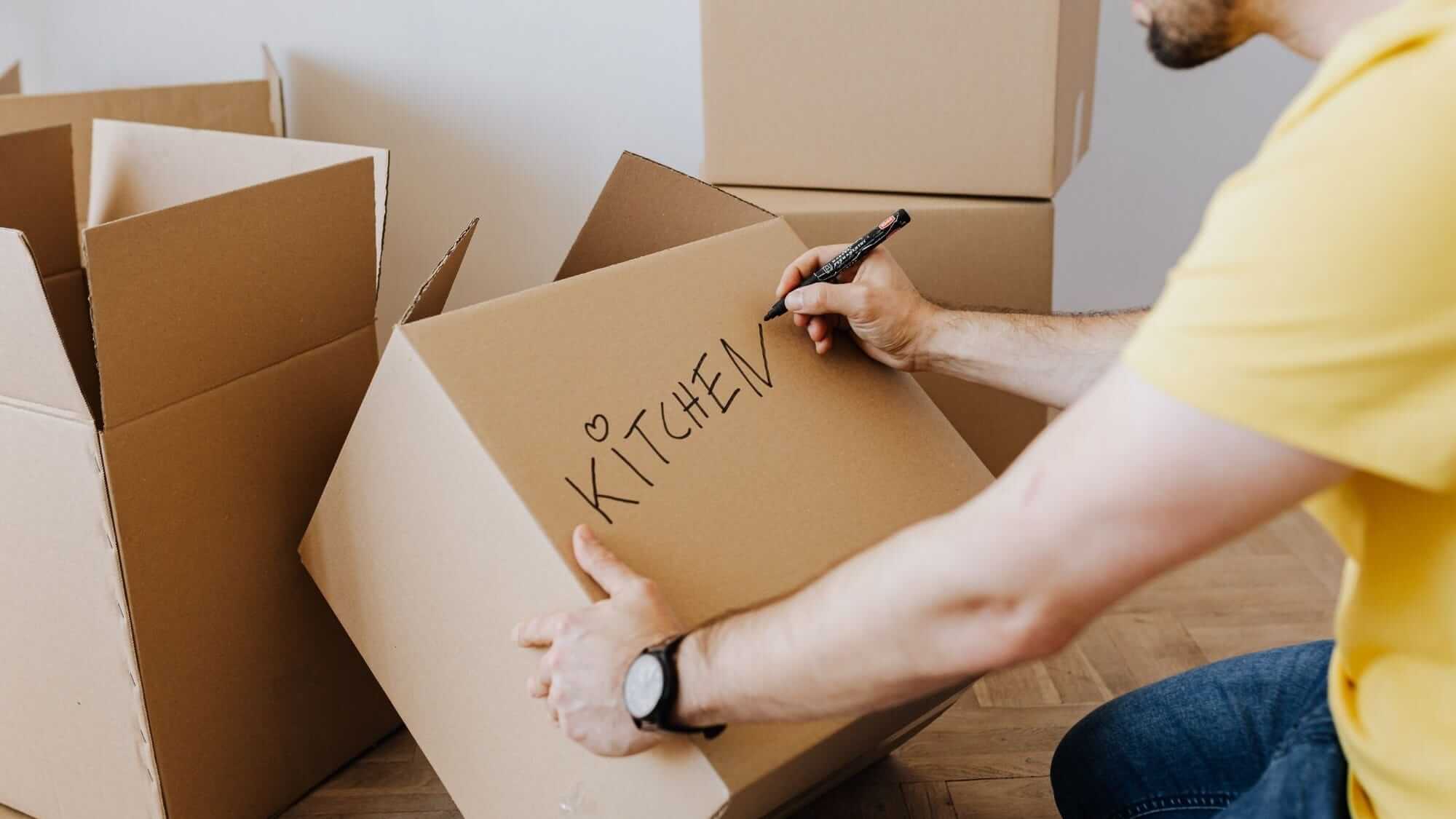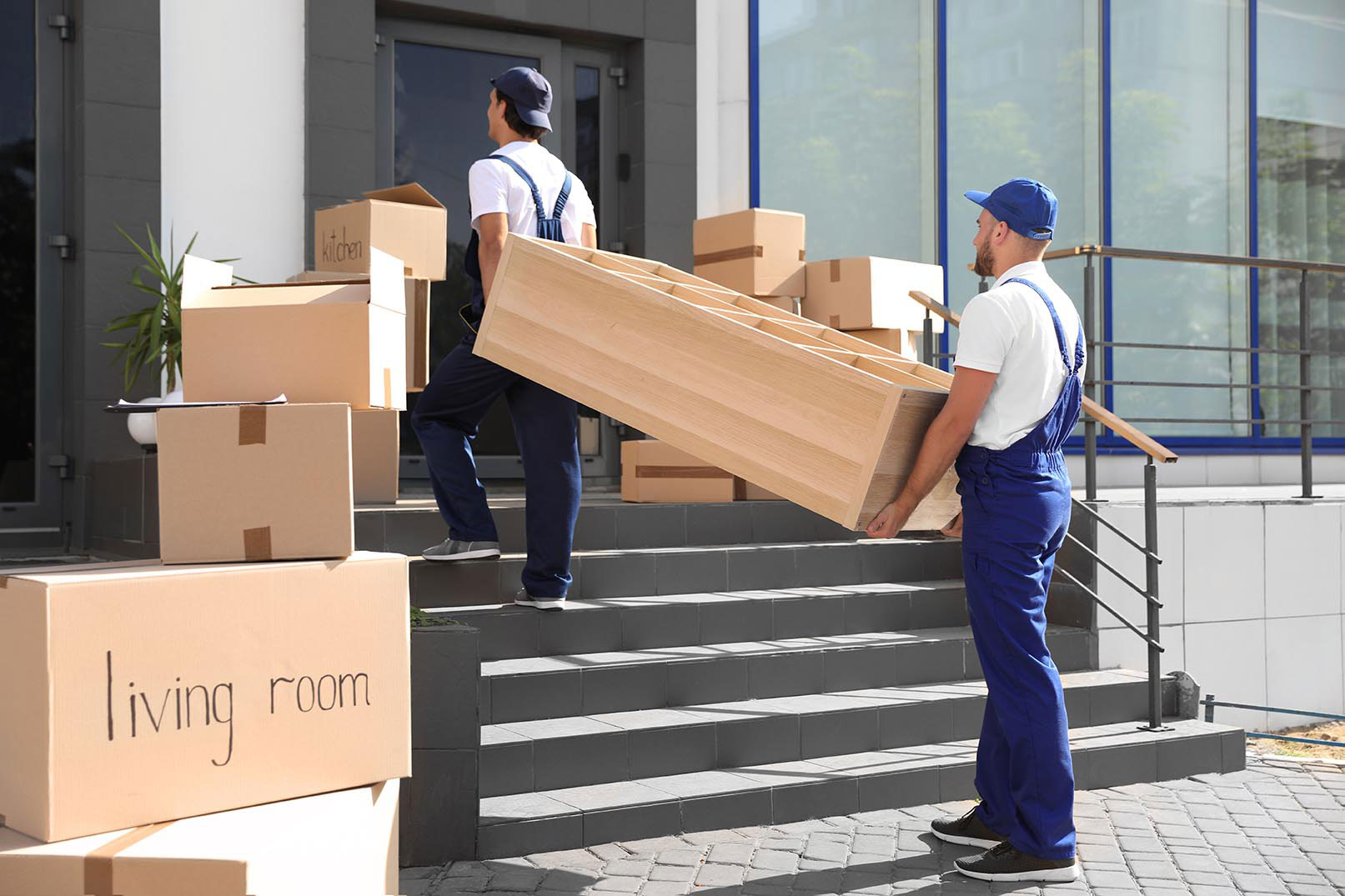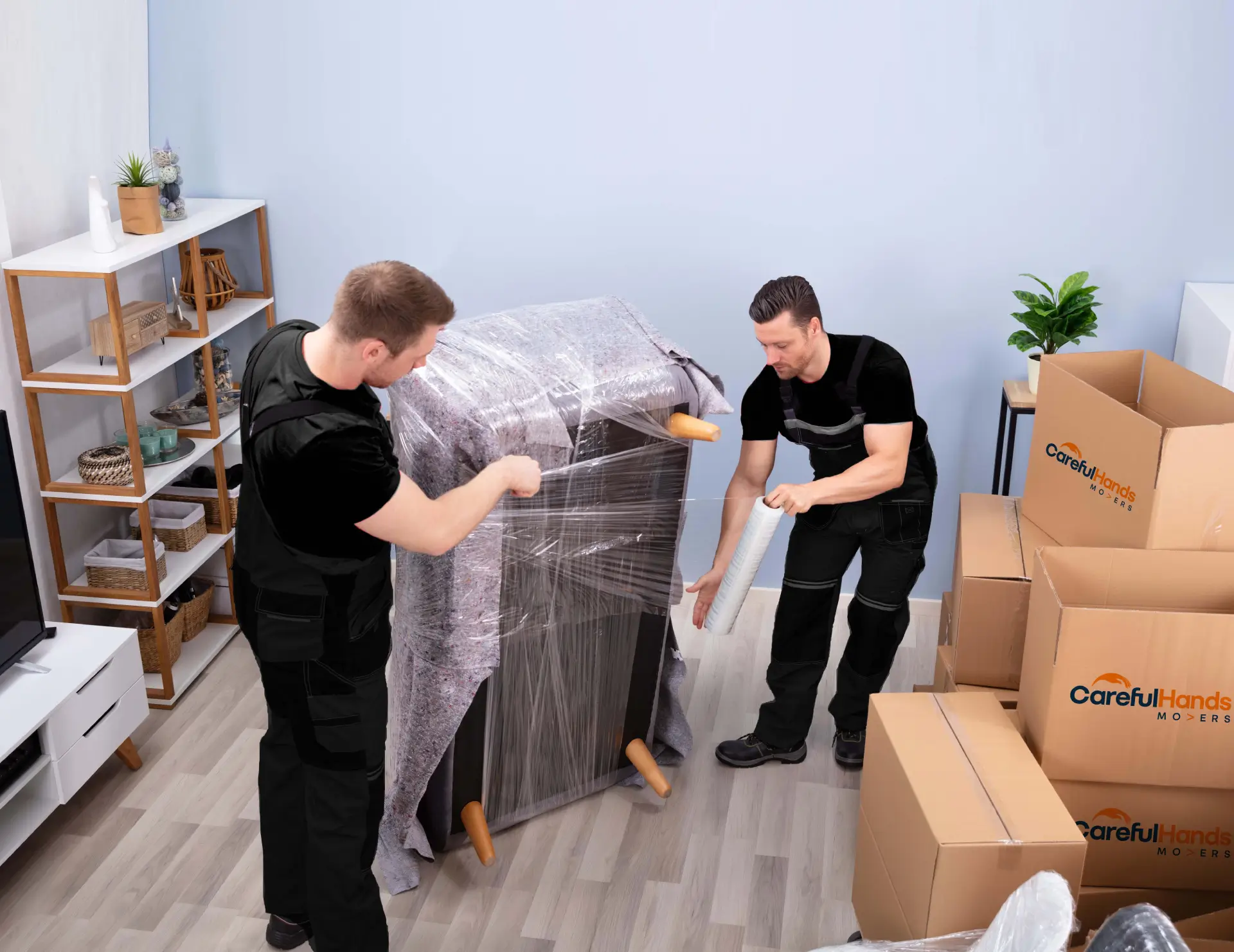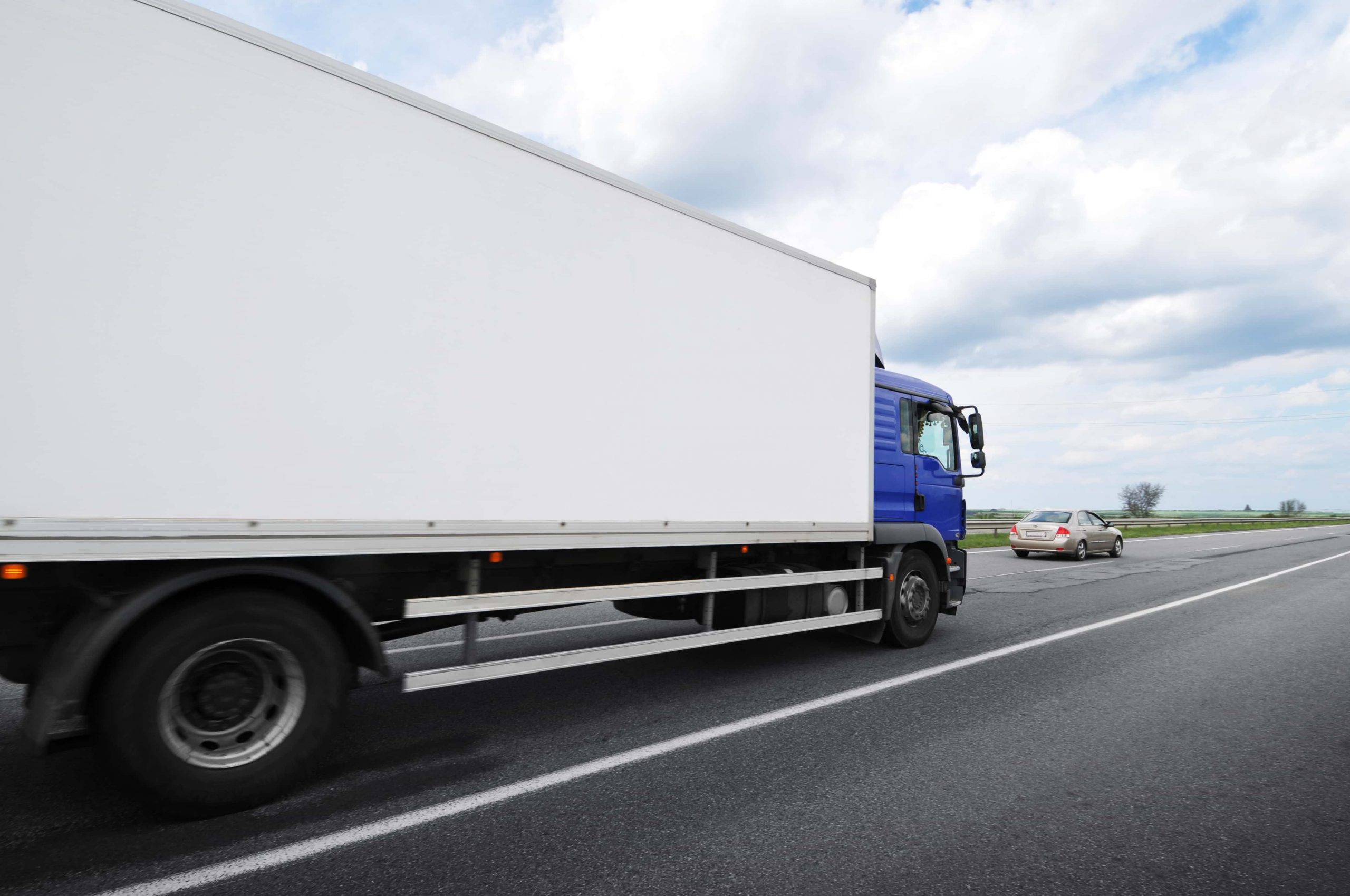How to Pack Fragile and Valuable Items
When it comes time for a move, many people take great care in packing their fragile and valuable belongings. However, sometimes these items can still get damaged or lost in transit, which can be very frustrating, especially if the items are irreplaceable.
Some items require special care and attention. Fragile and valuable items must be appropriately packed to avoid damage during transport.
Here are some tips from a removals company on how to best pack these items during relocation.
Use proper packing paper, packing tape, and bubble wrap
When packing fragile items, be sure to use the proper packing materials. Bubble wrap, packing peanuts, and other soft materials will help protect your belongings from being crushed or broken during the move.
For valuable items, you may want to invest in some specialty boxes or containers. These are designed to protect your belongings better and make them less likely to get lost in the move.
Label all boxes
Be sure to label all of the boxes containing fragile or valuable items. This will help movers handle them carelessly and ensure they don’t get lost in the shuffle. You may even want to write “Fragile” or “Do Not Stack” outside the box for extra precaution. This way, everyone will know to handle the box with care.
Pack items securely
When packing fragile or valuable items, ensure they are secure in the box. Use packing peanuts or bubble wrap to fill empty spaces and prevent the items from shifting during transport. For larger items, you may want to use furniture pads or blankets for extra protection. Keep the box shut securely so nothing can fall out or get lost. It’s also a good idea to label the box with the contents as “fragile” so that movers know to handle it with care.
Don’t pack too much in one box
When packing fragile items, it’s important not to pack too much in one box, and this can make the box too heavy to lift and increase the risk of items breaking during the move. Try to keep the boxes light so that movers can easily carry them.
When you overpack or stack many boxes on top of each other, it puts extra pressure on the bottom boxes, which can cause them to break. So, be sure to pack each box with care and not overload it.
Pack items yourself
If you can, try to pack these items yourself. This way, you can be sure they are packed properly and won’t get lost in the move. If you have to use a professional moving company, communicate what is inside each box so they can bring packing paper, packing tape, and other materials to fill hollow items as they pack fragile items.
Tips and Tricks When Packing Fragile Items
When moving long distances, it’s essential to take extra care of the fragile items in your home. Here are some tips from our removalists on how to properly pack fragile items and give them maximum protection.
Plates and Bowls
Ensuring that your plates and bowls are well-protected is crucial to avoiding breakages. Our removalists recommend wrapping each individually in bubble wrap, packing them tightly in a box, so there’s no empty space, and placing them towards the top of your moving van.
Glasses and Cups
Like plates and bowls, glasses and cups should be wrapped in bubble wrap and packed tightly into a box carefully. It’s also essential to place them towards the top of the van to prevent them from being crushed. These could be odd-shaped items, so you can put crumpled paper or tissue paper to fill up the extra space inside the box. For glasses, you can use cardboard dividers to protect these delicate items further.
Mirrors and Frames
To avoid damage to your mirrors and frames, our removalists recommend removing them from their current hanging positions and bubble wrapping them individually. Once wrapped, they can be placed upright in a box or laid flat on other items.
Electronics
When packing electronics, it’s important to use their original boxes (if possible) and packing materials. If you don’t have the original packaging, wrap each item in bubble wrap and place it in a box with soft padding (such as clothes or towels).
Pianos
Pianos are one of the most challenging items to move, so hiring professional piano movers is essential. They will have the experience and equipment to transport your piano to your new home safely.
Chandeliers
These are genuinely delicate items, so it’s best to consult a professional chandelier installer about the best way to pack and move yours. They can safely remove it from its current location and reinstall it in your new home. Most chandeliers have intricate parts that can be easily damaged, so it’s best to leave this task to the professionals.
Lamps and Lighting Fixtures
Many people bring their lamps and lighting fixtures to their new homes because they add character to a space. If you’re planning to move these items, our removalists recommend separating them and packing each piece separately. The bases can be packed in boxes, and the shades can be wrapped in bubble wrap and placed on top of other soft items.
Antiques
If you have any antiques in your home, it’s best to consult a professional about how to move them. Some antiques are very delicate and can be easily damaged during the moving process. Remember that these are priceless items, so you’ll want to take every precaution to ensure they arrive at your new home safely.
Paintings
Works of art should be packed in sturdy boxes that are the right size. It’s also essential to use padding (such as bubble wrap or foam) to protect the paintings from being damaged. They should also be protected from heat and moisture because these can cause the paint to fade or crack.
Sculptures
When packing sculptures, our removalists recommend using a box that is slightly larger than the sculpture itself. This will provide enough space for padding material (such as bubble wrap) to be placed around it. The sculpture should then be placed in the middle of the box and surrounded by more padding material.
Silverware
Silverware is one of the most challenging items to pack because it’s so delicate. Our removalists recommend wrapping each piece in acid-free tissue paper and placing it in a box lined with soft fabric (such as velvet). It’s also essential to keep silver away from other metals because they can cause it to tarnish.
Conclusion
Packing fragile and valuable items can be challenging, but taking the necessary precautions to avoid damage is important. Our removalists recommend wrapping each item in bubble wrap, packing them tightly in a box, and placing them towards the top of your moving van. You should also consult a professional about how to move any antiques or sculptures you have in your home. And finally, don’t forget to pack your silverware carefully to avoid tarnishing.
Related Moving Tips

What Areas Should You Clean Before Moving In to a New House?
Moving to a new house comes with a lot of challenges and difficulties. The last thing you want is to move in only to find that your new home is dirty and needs a good cleaning. To make sure your move-in day is stress-free and comfortable, there are a few areas of your new house that you should clean before you unpack.
View ArticleOur Removalist Services
- Removalists Sydney
- Removalists Melbourne
- Removalists Melbourne to Sydney
- Removalists Sydney to Melbourne
- Removalists Melbourne to Adelaide
- Removalists Adelaide to Melbourne
- Removalists Melbourne to Canberra
- Removalists Canberra to Melbourne
- Removalists Melbourne to Brisbane
- Removalists Brisbane to Melbourne

